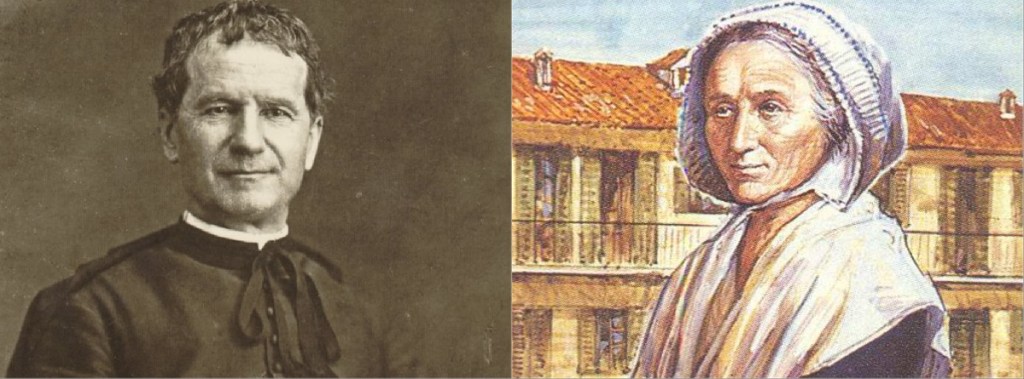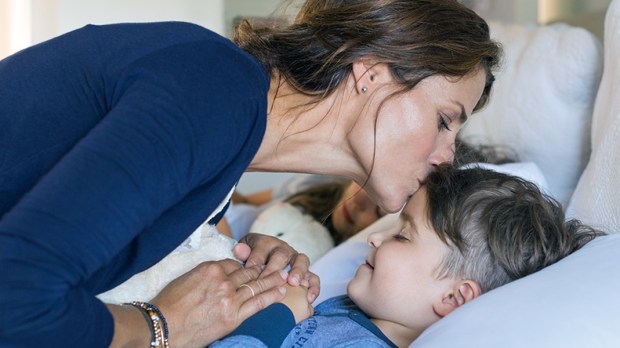The “Good Night” a Salesian technique to help children and young adults as they grow up. It consists in a very short talk given after night prayers, just before bedtime, inviting young ones to reflect on an event of the day.
“A brief talk, six minutes maximum,” explains Salesian priest and educator Fr. Jean-Marie Petitclerc. He puts this little ritual into practice when he works with youth camps. “I invite young people to reflect on an event from their day, good or bad — to marvel at it or, on the contrary, to question themselves about it. It’s a way of taking the time to reflect on what they have experienced, and to record one event or another as ‘little pebbles in their memory.’”
If the children or young adults can’t think of anything to reflect on, we can help them by asking questions, such as, “What made you happy today? What made you unhappy? What do you think of such-and-such an incident? What did it teach you?” At Salesian centers, the educator may propose a specific topic such as the use of cell phones in the community.
The maternal origins of the “Good Night”
We can apply this little evening rite perfectly to family life. In fact, the practice originated in Don Bosco’s family, when his mother Margherita Occhiena, also known as “Mamma Margherita,” invited her children to reflect in the evening on their day’s activities. In this way, she accustomed them to reflecting on their actions.

“Mamma Margherita” did the same with the orphans Don Bosco welcomed under their roof. When a young orphan knocked on their door one rainy evening in May 1847 — he was to become the Oratory’s very first boarder — she offered him a meal and a bed, and while tucking him in, whispered a few words about honesty in his ear. Thus was born the first true “Good Night,” later adopted by Don Bosco and the Salesian houses.
It’s an educational accompaniment in easy-to-digest doses. Use short, simple words that encourage young people to make sense of the events that surround them, whether they be personal experiences or world events. They should be gentle, kind words that help build personality, human and spiritual growth, family spirit, and good relationships.



